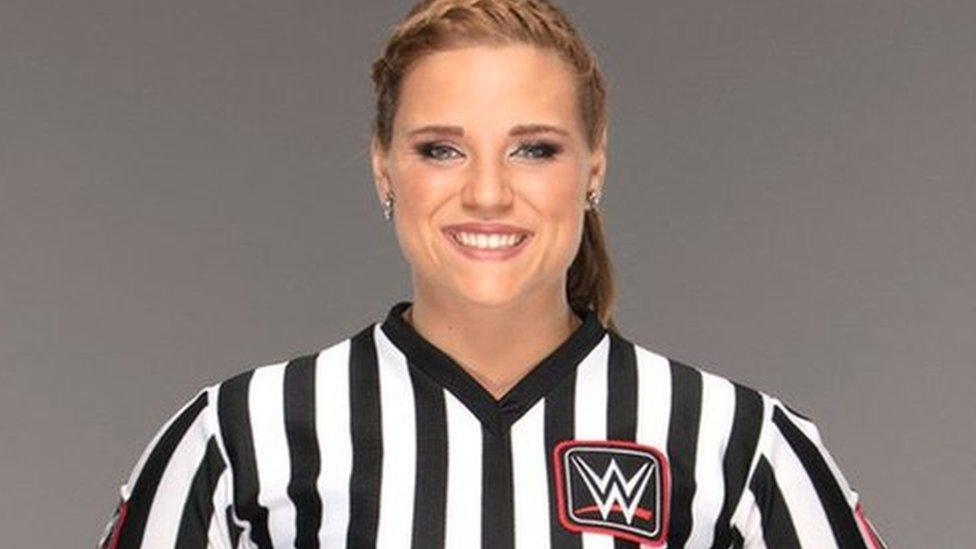Rocky Johnson, Dwayne 'The Rock' Johnson's wrestler father, dies at 75
- Published
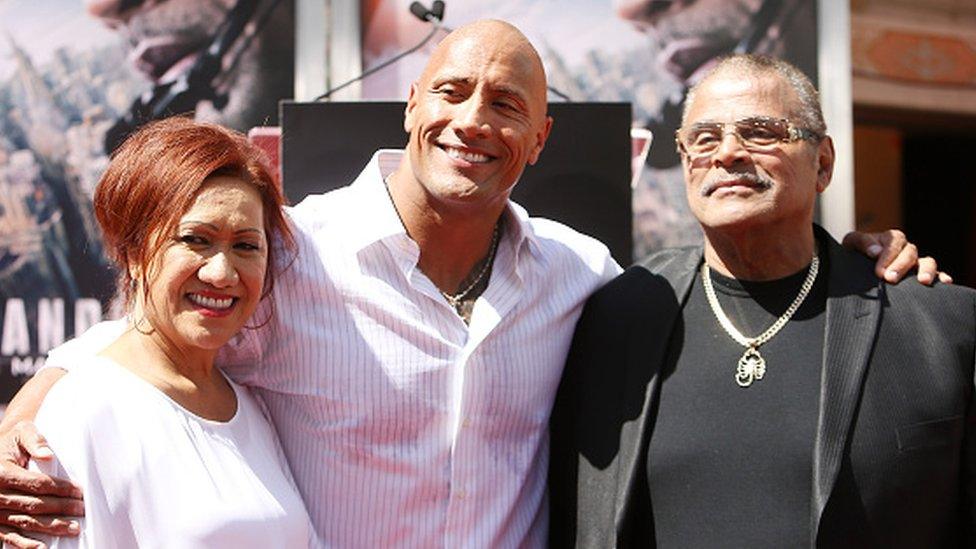
Rocky Johnson (R), pictured here with his son Dwayne "The Rock" Johnson (C) and ex-wife Ata Johnson (L), was a former WWE tag team champion
Rocky Johnson, a former professional wrestler and father of Dwayne "The Rock" Johnson, has died aged 75.
His death was confirmed on Wednesday in a statement released by World Wrestling Entertainment (WWE). No cause of death was given.
Johnson, whose real name was Wayde Douglas Bowles, rose to fame with WWE in the 1980s.
Known as "Soul Man", he was part of the first black tag team to win a WWE championship.
Following his retirement in 1991, Johnson helped train his son Dwayne, now a Hollywood star who became a WWE wrestling icon in his own right.
In 2008, Dwayne inducted him into the WWE Hall of Fame, where "he will be forever enshrined as one of sports-entertainment's most influential performers", the WWE said.
In its statement, WWE said it was "saddened" to hear of his death, external and "extends its condolences to Johnson's family, friends and fans".
Wrestling stars have paid tribute to Johnson, described as a "barrier-breaking performer" by fellow hall of fame member Triple H.
Who was Rocky 'Soul Man' Johnson?
Born on 24 August 1944, Johnson grew up in Amherst, Nova Scotia, Canada before moving to Toronto in his teens, when he began wrestling.
In his teenage years, Johnson trained to be a boxer, sparring with the likes of Muhammad Ali and George Foreman. But he would choose wrestling as his profession, entering the industry with the National Wrestling Alliance (NWA) in the mid-1960s.
Adopting the ring name "Rocky Johnson", he wrestled for 18 years with the NWA, winning tag team championships. More success would follow when he joined WWE in the 1980s.
Allow X content?
This article contains content provided by X. We ask for your permission before anything is loaded, as they may be using cookies and other technologies. You may want to read X’s cookie policy, external and privacy policy, external before accepting. To view this content choose ‘accept and continue’.

"He found his greatest success when he teamed up with Tony Atlas as The Soul Patrol," WWE said in its statement. "The two men became the first African-American World Tag Team Champions in WWE history when they defeated The Wild Samoans on 10 December, 1983."
Described as "physically imposing and wildly charismatic" by WWE, Johnson was best-known for his high-flying drop kick in the ring. A gravity-defying feat, this move would often send Johnson's opponents hurtling towards the canvas.
In a 2017 interview with Hannibal TV, Johnson said he faced racism during his career, external. He said "there was a lot [of racism]" but he "wouldn't be denied" his place in the ring, adding: "I was headstrong."

You may also be interested in:
Check out the first WWE wrestling school in the UK

"I kept myself in shape and the stuff they were doing in the South, I wouldn't go for," Johnson said. "They wanted to whip me on TV, like they used to do with the slaves and all that. I said: 'No. I came in as an athlete, and I'll leave as an athlete.' And they respected me for that."
When Johnson retired from the ring he offered to train his son Dwayne, known as "The Rock" during his WWE wrestling career.
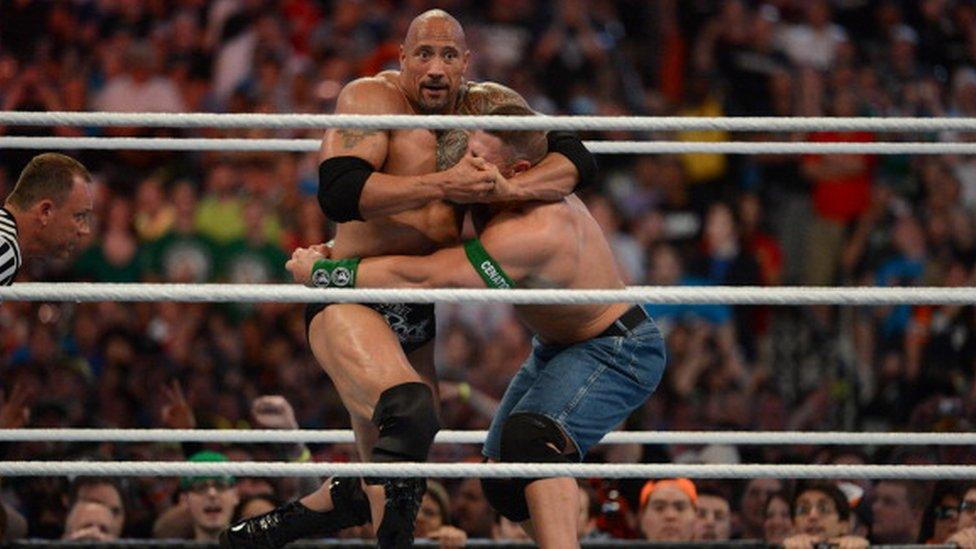
Johnson's son, known as "The Rock", is considered to be one of the greatest professional wrestlers of all-time
His son became a huge success in the sport before becoming an actor, starring in blockbuster movies such as The Scorpion King, Fast & Furious 6 and the Jumanji franchise.
Who has paid tribute?
Wrestlers past and present have paid their respects to Johnson on social media.
Allow X content?
This article contains content provided by X. We ask for your permission before anything is loaded, as they may be using cookies and other technologies. You may want to read X’s cookie policy, external and privacy policy, external before accepting. To view this content choose ‘accept and continue’.

Allow X content?
This article contains content provided by X. We ask for your permission before anything is loaded, as they may be using cookies and other technologies. You may want to read X’s cookie policy, external and privacy policy, external before accepting. To view this content choose ‘accept and continue’.

Allow X content?
This article contains content provided by X. We ask for your permission before anything is loaded, as they may be using cookies and other technologies. You may want to read X’s cookie policy, external and privacy policy, external before accepting. To view this content choose ‘accept and continue’.

Allow X content?
This article contains content provided by X. We ask for your permission before anything is loaded, as they may be using cookies and other technologies. You may want to read X’s cookie policy, external and privacy policy, external before accepting. To view this content choose ‘accept and continue’.

Allow X content?
This article contains content provided by X. We ask for your permission before anything is loaded, as they may be using cookies and other technologies. You may want to read X’s cookie policy, external and privacy policy, external before accepting. To view this content choose ‘accept and continue’.

- Attribution
- Published31 October 2019
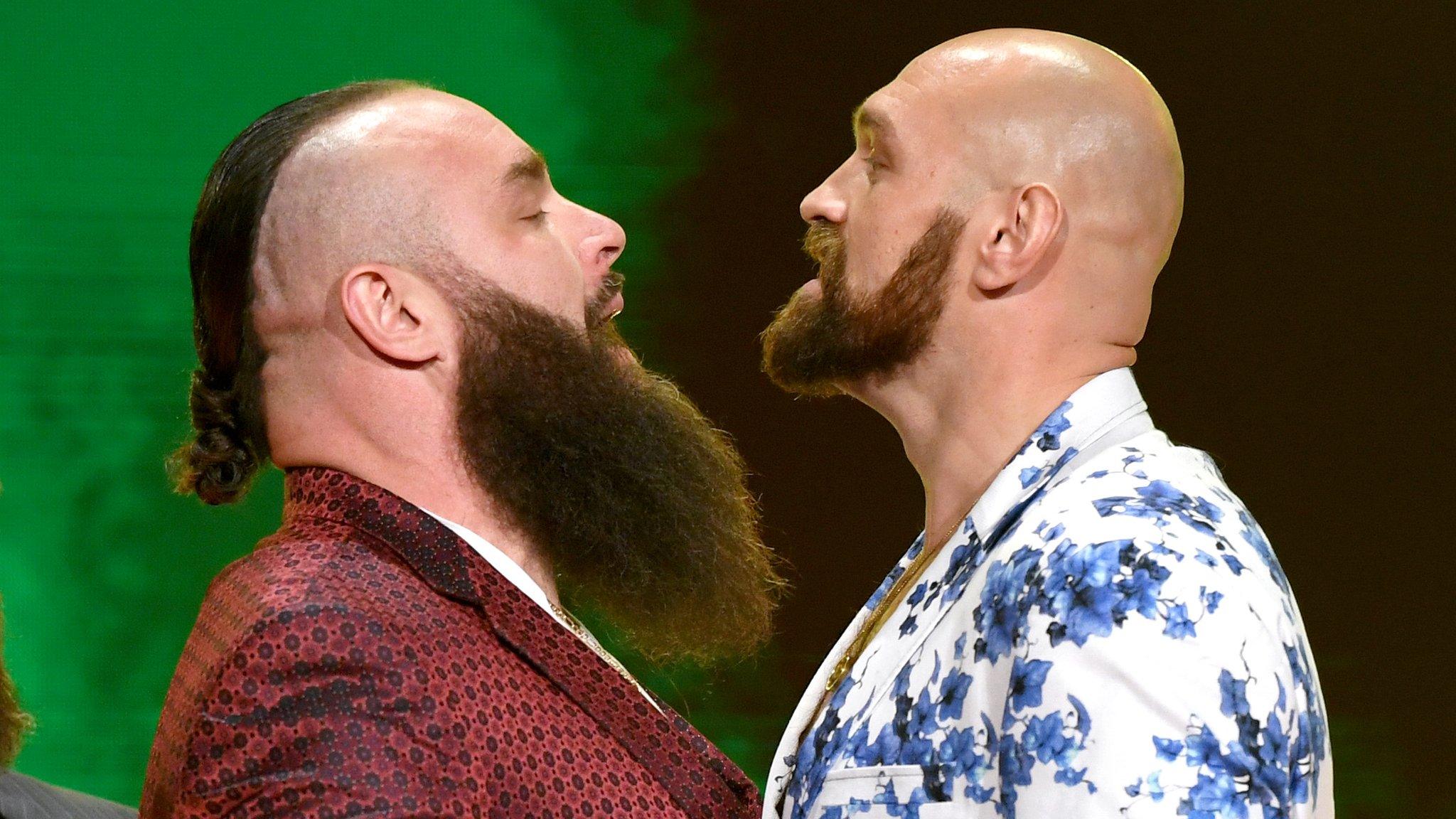
- Published31 October 2019
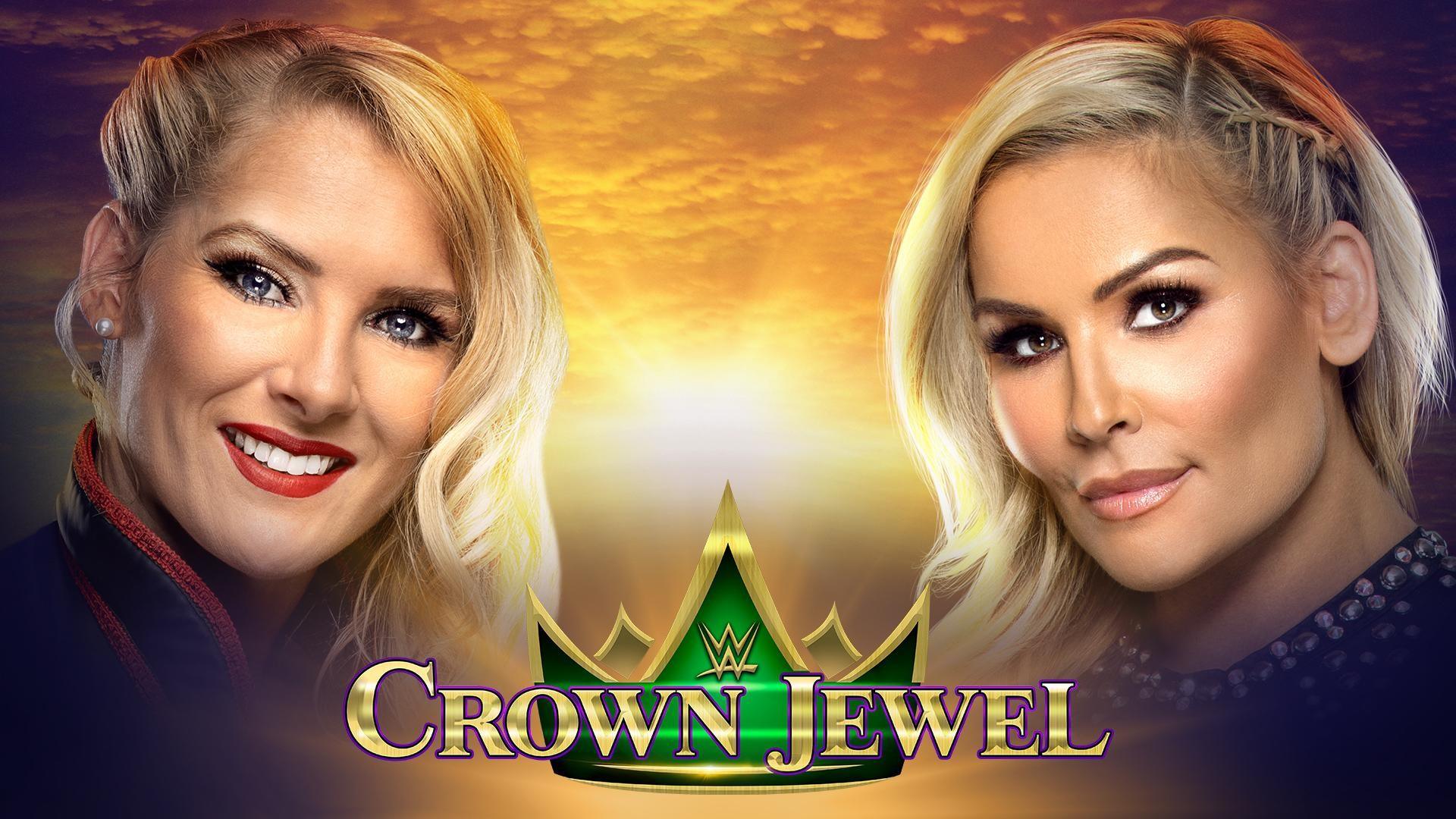
- Published7 December 2019
